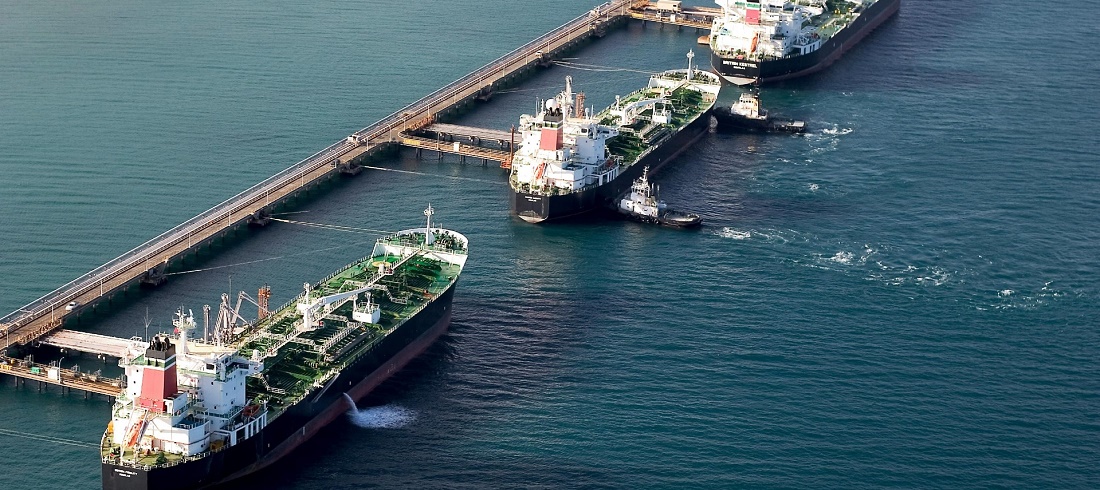
Bunker oil prices rise and put extra pressure on maritime freight
Mar, 04, 2022 Posted by Gabriel MalheirosWeek 202209
Despite Petrobras’ efforts to avoid passing on the costs of rising oil quotas in gas and diesel prices, sea freight is already feeling the effects of the Ukraine war as bunker oil prices rise.
According to S&P Global Platts, these products reached a historic record in Latin America after the onset of the conflict in Eastern Europe. In the Port of Santo, Brazil’s most important seaport, prices are approaching US$ 1,000 (R$ 5,000) per tonne, according to sources in the sector.
Shipping companies say that this is currently the main concern for plays in this industry, which have already seen high freight rates since the stoppage of industrial activity at the beginning of the pandemic and its subsequent unbalancing of global production chains.
Unlike gasoline and diesel, whose prices are defined by an internal Petrobras committee that assesses the evolution of market conditions, the prices of navigation fuel are changed daily.
On Tuesday (1st), according to S&P Global Platts, the bunker with 0.5% sulfur, most used in the engines of large vessels, hit US$ 798 (about R$ 4,000) per tonne in Santos.
According to Abac (Brazilian Association of Cabotage Shipowners), the price reached US$ 900 (R$ 4,500) this Thursday (3). In early 2020, the cost of the product hovered around US$ 680 per tonne.
Marine diesel, known as MGO, used mainly for power generation on ships, reached US$893 a tonne on Tuesday, also the highest price on record since 2016.
The president of Abac, Luiz Resano, says that the large ships usually have large fuel stocks, but they will soon start buying products with the highest prices.
Freight contracts, he says, usually have clauses that allow large fluctuations in the price of fuel to be passed on. “If prices do not fall in the short term, we will see impacts both on cabotage and long haul shipping,” he says. “Therefore, shipping costs will certainly increase.”
Petrobras is observing the scene before deciding whether to pass the costs on to gasoline and diesel prices, a decision supported by private shareholders on the company’s board of directors.
Even the financial market is skeptical of the feasibility of readjustments at this time. Analysts at the bank UBS BB, for example, believe that the state-owned company’s prices will remain unchanged for the time being.
“We agree that uncertainties remain high and that the scenario is still not clear,” wrote analysts Luiz Carvalho, Matheus Enfeldt and Tasso Vasconcellos, who see domestic prices 25% below international quotations.
Source: Folha de S. Paulo
To read the full original article, please go to:
-
Ports and Terminals
Sep, 19, 2023
0
Itajaí Port Complex throughput reaches 1.4 million t in August
-
Shipping
Mar, 31, 2023
0
Forwarders raked in record revenues in 2022 despite H2 demand collapse
-
Fruit
Aug, 16, 2024
0
Brazilian orange exports down 38% in season outset
-
Ores
May, 07, 2025
0
Ore Sector Sustains Brazil’s Trade Surplus in Q1 2025

